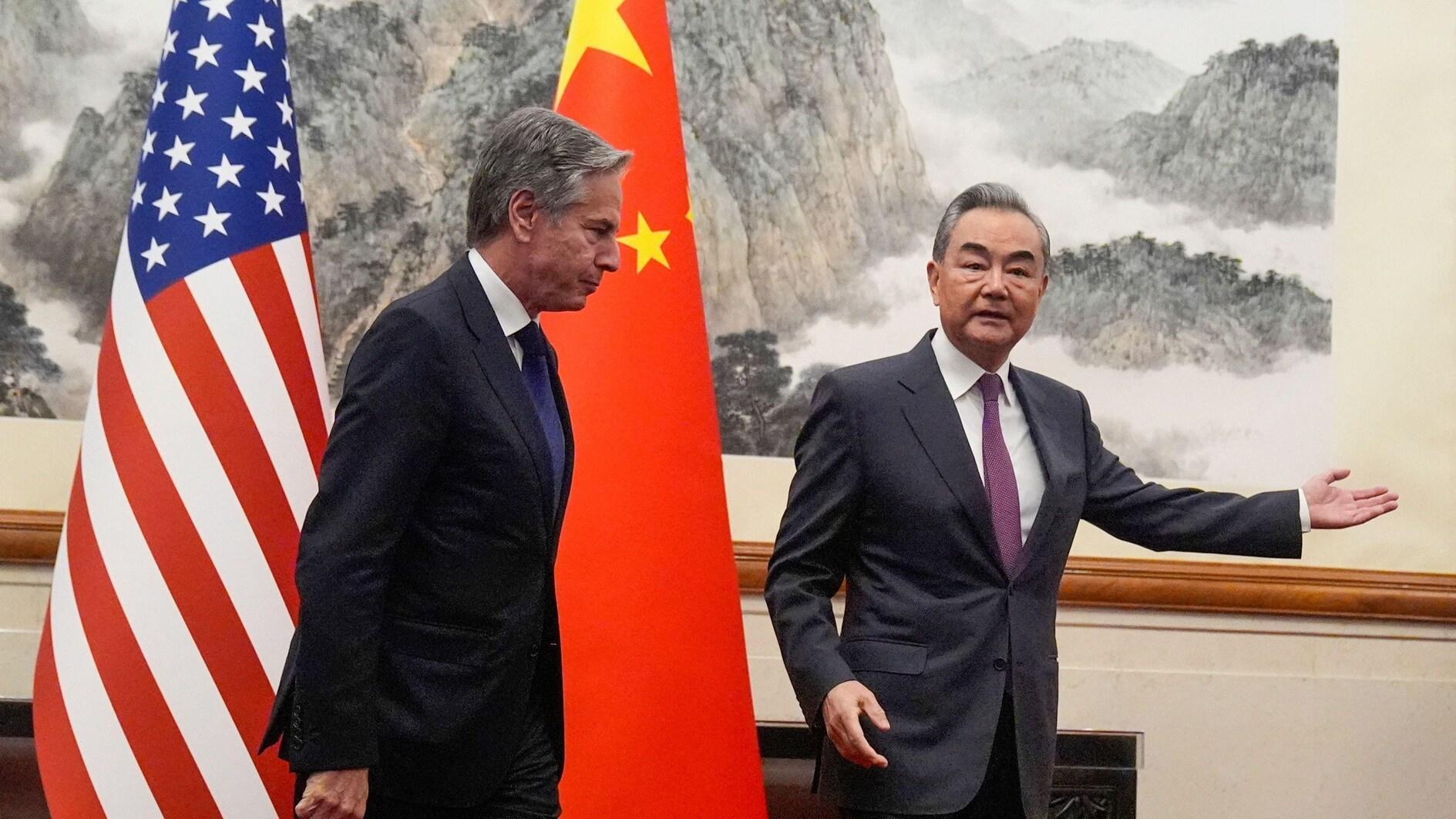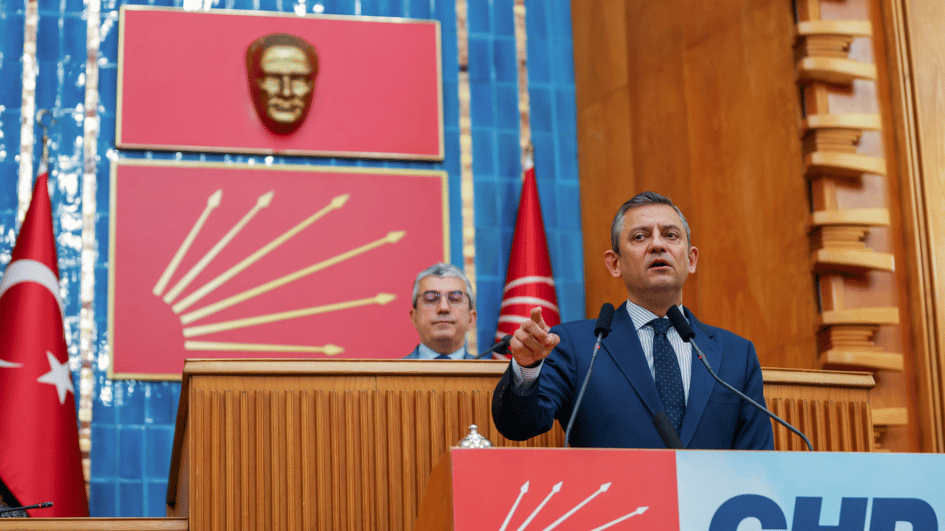German, Turkish populists giving each other a helping hand
Donald Trump is not wanted by a certain segment of society in United Kingdom. An online petition calling for Trump to be prevented from making an official state visit to the U.K. has passed one million signatures.
U.K. Prime Minister Theresa May has no intention of withdrawing her invitation to the U.S. president because it remains “substantially in the national interest,” according to the British press.
I don’t know whether May likes Trump or not. What I do know is that German Chancellor Angela Merkel is not fond of Turkish President Recep Tayyip Erdoğan. In fact, it is also not an exaggeration to say that Erdoğan is among the most hated figures in Germany.
But because stopping refugees on the Turkish border and preventing them from coming to Germany was “substantially in the national interest,” Merkel has not hesitated to talk to Erdoğan and pay several visits to Turkey.
Unlike May, Merkel faces an election this year. Stopping the refugee flow is also in the interest of her ruling party, which has been the target of increasing criticism due to her initial open-door policy.
Even though the agreement with Turkey has worked well and managed to substantially stop the uncontrolled refugee flow to Germany, the public is angry with Merkel for striking a deal with a leader who they think rules Turkey with an iron fist. The German public’s perception of Erdoğan as an authoritarian leader has been particularly strengthened since the July 2016 coup, amid a government purge that they see as targeting not just Gülenists but all dissent in Turkey. They also believe that a “yes” vote in the referendum will strengthen Erdoğan’s hands, securing him the one-man rule that he aspires to.
As a result, they don’t want Erdoğan or his ministers to come and hold campaign rallies for Turkish voters living in Germany, especially at a time when they are angry about the arrest of German–Turkish journalist Deniz Yücel.
Merkel is caught between a rock and a hard place. If she bashes Erdoğan, she will gain the approval of potential voters. But Erdoğan could then decide to suspend the refugee agreement, which could lead to a new refugee crisis at Germany’s doorstep and damage Merkel’s approval ratings.
Looking at the statements of Turkish EU Minister Ömer Çelik, Ankara is convinced that Berlin is actually behind the obstructions announced by local authorities on campaign rallies that Turkish ministers want to hold. So did Merkel encourage local authorities in Germany behind the scenes to create obstructions and put the blame on them? Or was it purely the initiative of local authorities?
Either way, whoever is behind these decisions, they are making a big mistake if they think they are giving Erdoğan a lesson, as the outcome does not match the intention. On the contrary, he might well be rejoicing over the fact that the Germans have given him a useful opportunity to bash them, which always increases his approval rate.
Some might say, “Erdoğan has to understand there are consequences to what he does.” But if the Germans want these consequences to have an impact, if they genuinely want to get their messages across - such as asking for the release of Deniz Yücel - the right way is not to stop Erdoğan from coming to Germany and keeping him in his bell jar, where he is surrounded by hundreds of advisors and security officials.
Turkey is still under a state of emergency. Can Germans who want to make their voices heard here in Turkey properly do that? Can they hold demonstrations in favor of Deniz Yücel, for instance?
Is there a better way to get the message across? Or is saying “political speeches by members of Erdoğan’s government are unwanted in Germany,” as was done by Jürgen Hardt - the foreign policy spokesman of Christian Democrats and the Christian Social Union’s parliamentary bloc and a friend of Angela Merkel – a wiser approach?
Does Hardt really care about Yücel or any other Turkish journalist in jail? Perhaps we are forgetting that Germany is not immune to populist politicians. Maybe all this is just a farce and populists in both Germany and Turkey are doing nothing other than giving each other a helping hand.











